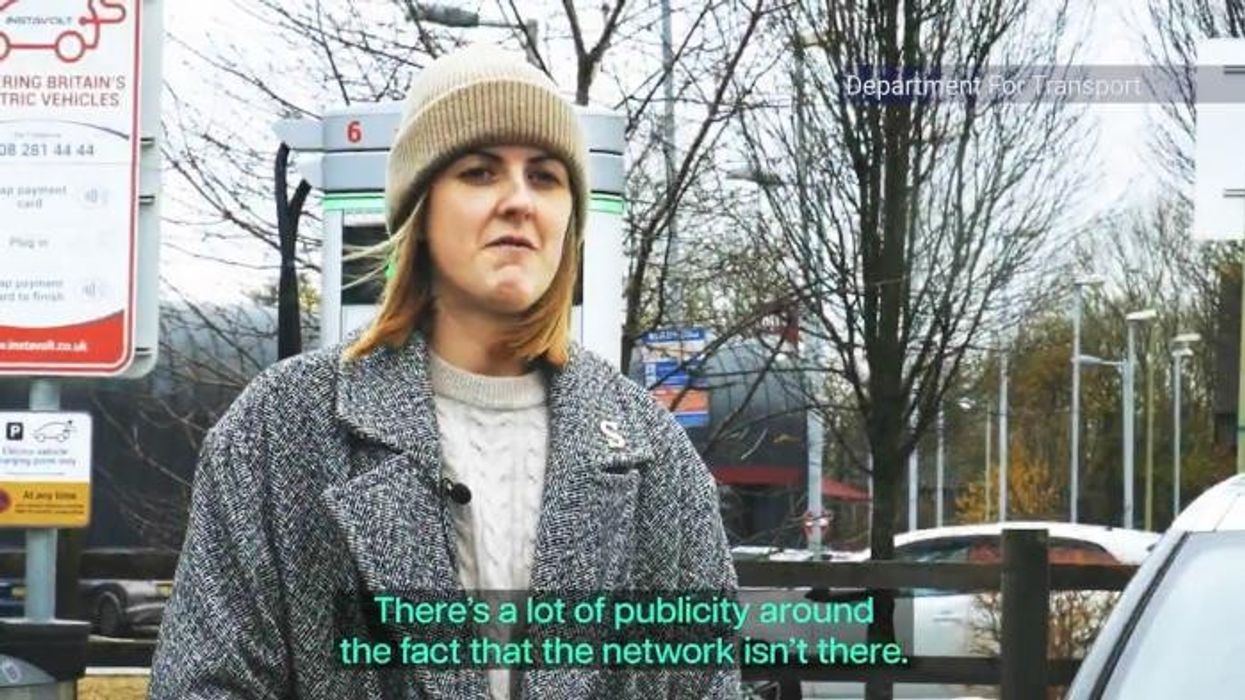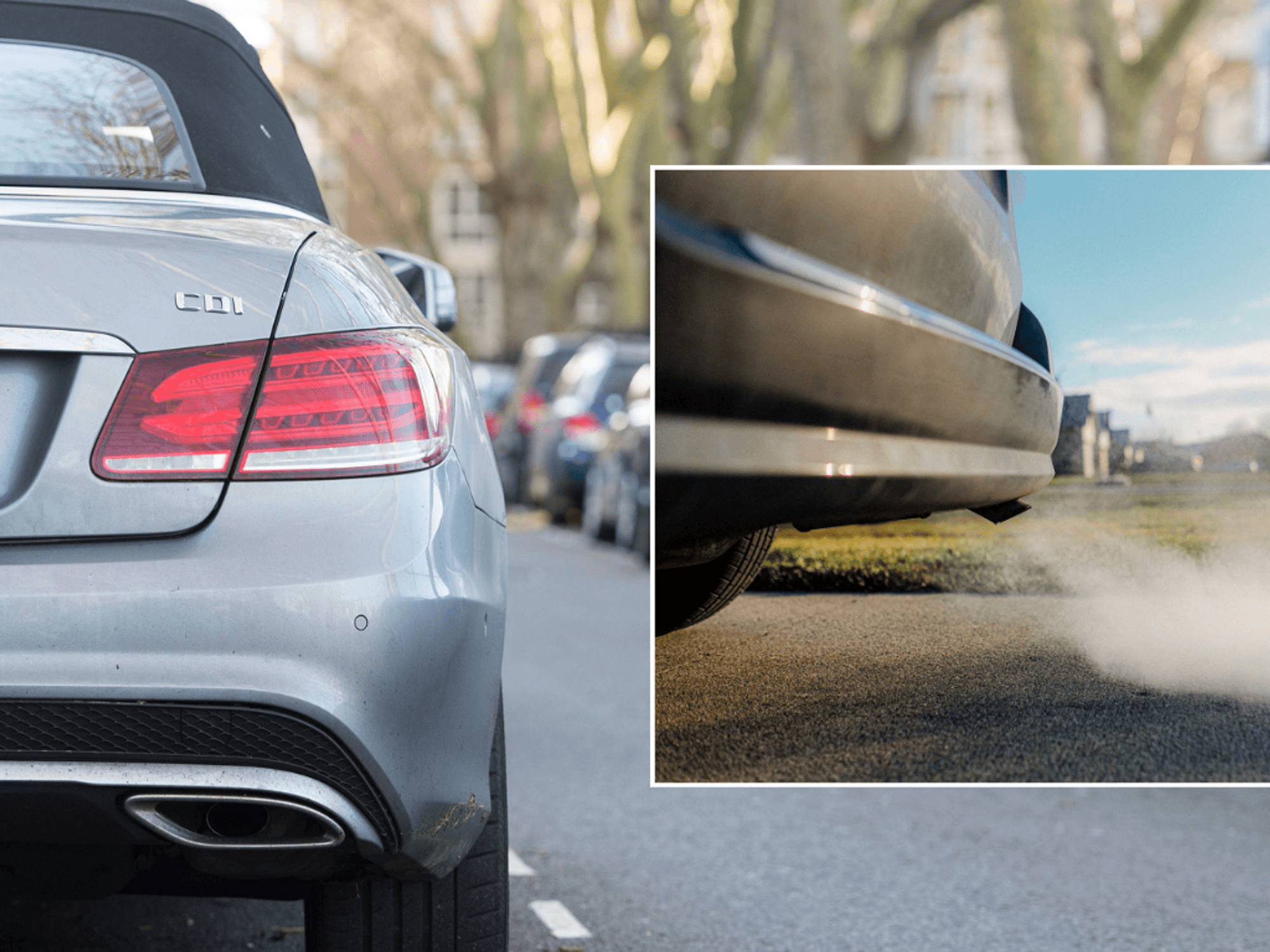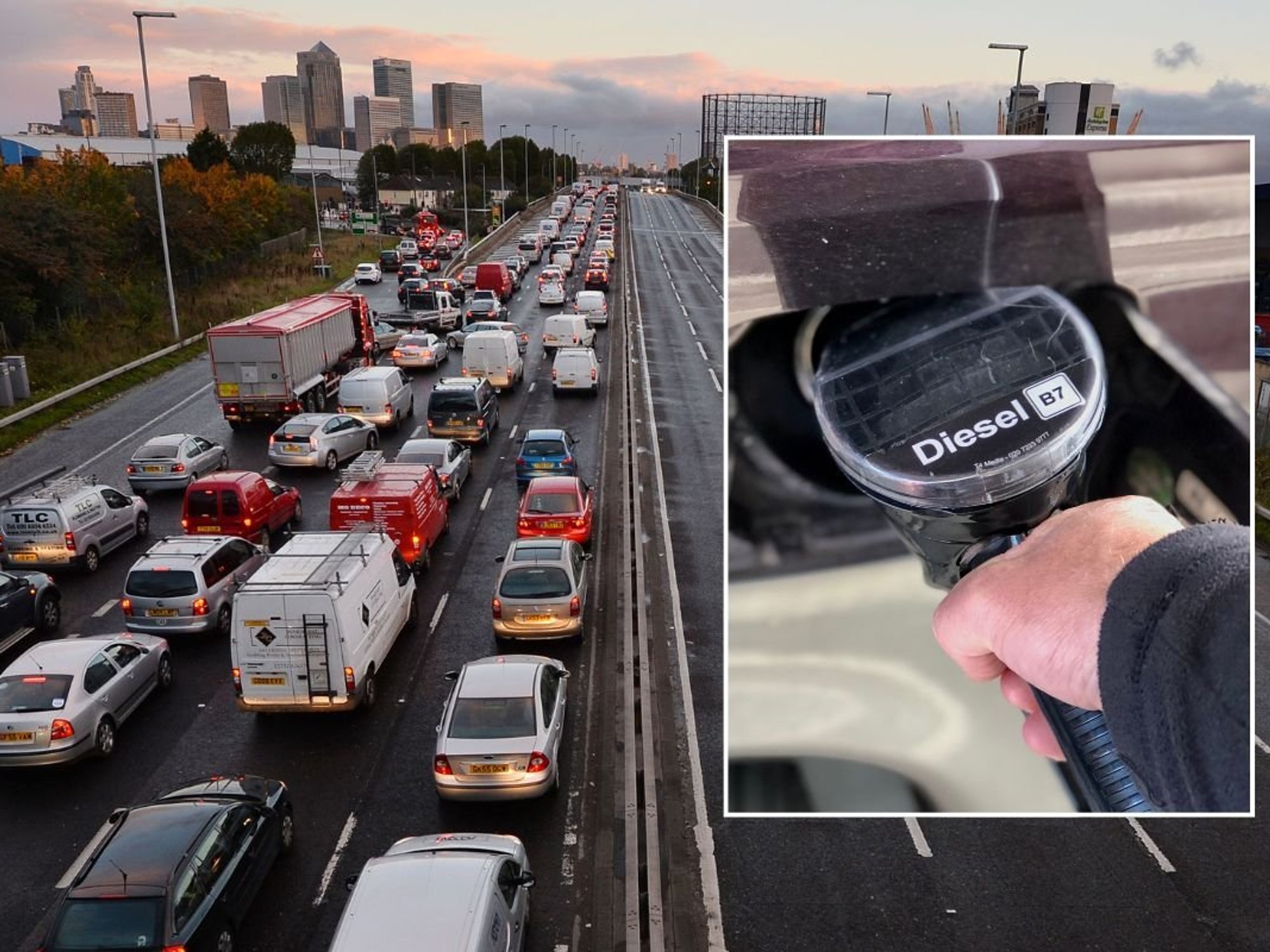Labour announces new support package for EVs as phase out of petrol and diesel cars moves forward

The Transport Secretary announced plans to install 100,000 more electric car charging points across the UK
Don't Miss
Most Read
Latest
Labour has unveiled a major financial commitment to accelerate the UK's shift towards electric vehicles, with the Government allocating £4.5billion to facilitate the transition.
Speaking in the House of Commons, Transport Secretary Heidi Alexander explained that the administration was determined to push forward with its electric car plan.
The investment package included funds specifically earmarked for electric vehicle grants, designed to encourage consumer adoption through substantial purchase incentives.
"That includes £1.4billion to support the continued uptake of EVs through targeted grants, with 35 models now eligible for discounts of up to £3,750 through our electric car grant," Ms Alexander told MPs.
Do you have a story you'd like to share? Get in touch by emailing motoring@gbnews.uk
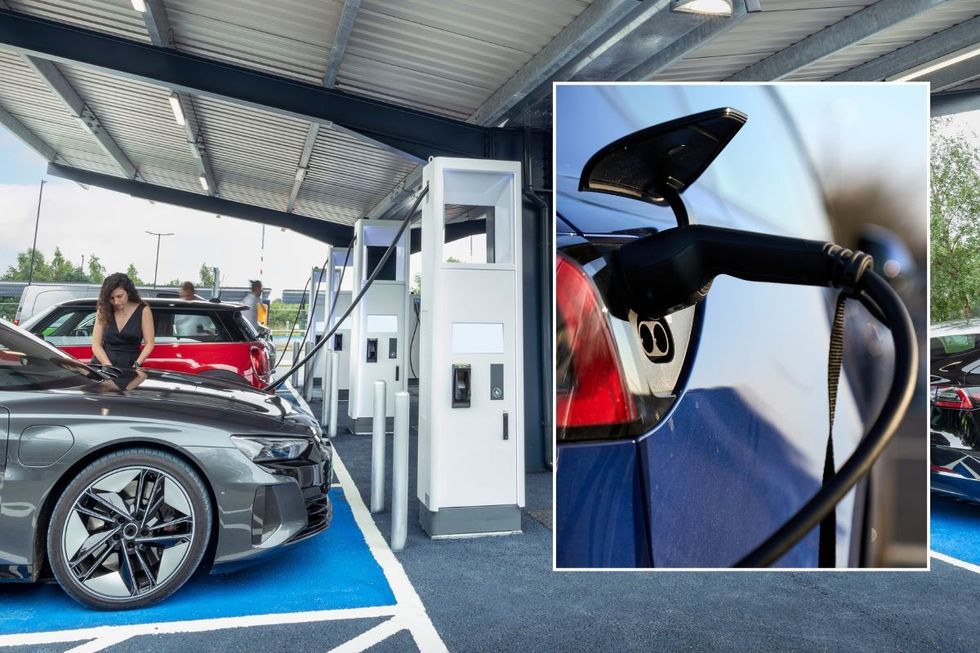
MPs called on the Transport Minister to reduce barriers for drivers to buy electric vehicles
| GETTY/PAThe funding represents a significant push to reduce transport emissions and support the automotive industry's transformation away from fossil fuels, the Transport Secretary explained.
The Government’s targeted support also aims to make electric cars more accessible to consumers across various price points.
Infrastructure development also forms a crucial component of the investment strategy, with the Government planning to fund the installation of 100,000 additional public charging stations. These new charging points will supplement the existing network of 84,000 stations already operational across the UK.
Ms Alexander stressed the importance of making electric vehicle charging as convenient as traditional refuelling, stating that the goal is "to make charging up your electric car as easy as filling up at the petrol station."
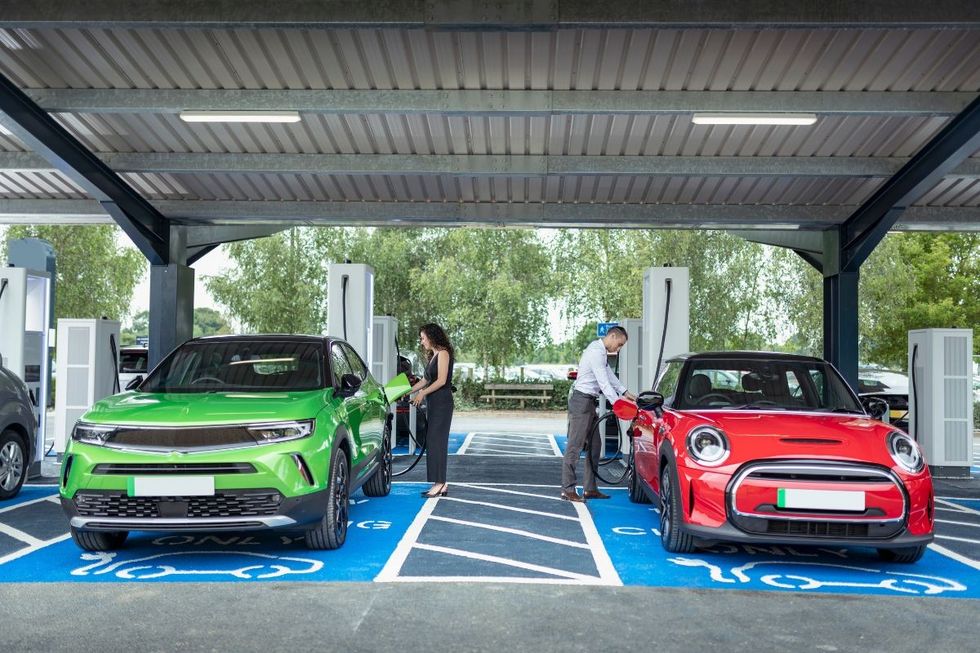
Labour has pledged to install 100,000 more EV chargers
| GETTYThe expansion also aims to address a key concern among potential EV buyers regarding charging accessibility and range anxiety.
Electric vehicle adoption continues to surge across the UK, with current data showing that one in every five newly registered cars is electric. Sales figures also demonstrated a 27 per cent increase in electric vehicle purchases compared to previous periods.
Labour MP Perran Moon, who chairs the Electric Vehicles All-Party Parliamentary Group, highlighted this growing demand during the Commons session. He attributed the trend partly to Governmental policies aimed at cutting transport-related emissions.
But the Transport Secretary acknowledged the automotive sector's recent difficulties, noting that manufacturers have encountered significant obstacles over the past year.
In response, the Government introduced additional flexibility within the Zero Emission Vehicle mandate while simultaneously providing market stability by confirming the 2030 deadline for phasing out new petrol and diesel car sales.
LATEST DEVELOPMENTS:
The Government has also extended its e-scooter trials across the country until May 2028, providing local councils with additional time to evaluate the technology's effectiveness and safety implications.
Transport minister Simon Lightwood explained that while shared e-scooter programmes offer convenient transport options, they can create difficulties for other road users and pedestrians.
"We need to ensure that the rollout is both safe and properly regulated," Mr Lightwood told Parliament. The extended trial period will enable authorities to gather comprehensive data on usage patterns and safety concerns.
The Department for Transport has also pledged to introduce comprehensive legislation for electric vehicles when parliamentary schedules permit.
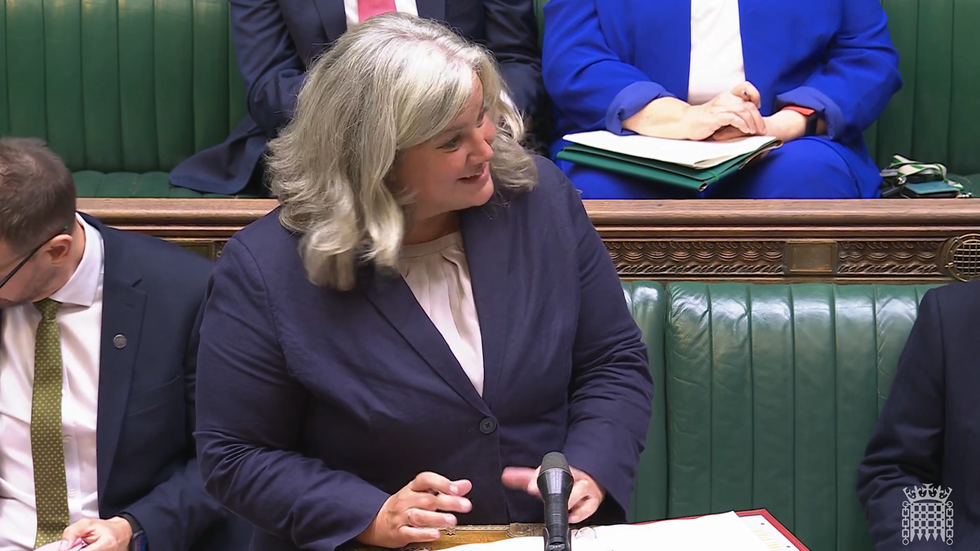
The Transport Secretary held a parliamentary session to announce more support for electric cars
|PARLIAMENT UK
This future regulatory framework aims to establish a secure shared transport network that accommodates all users while addressing current safety and nuisance issues.
The Government has also committed to modernising outdated disability legislation, specifically addressing the discriminatory term "invalid carriages" that remains in current laws. MP Daniel Francis, who chairs the Wheelchair Users All-Party Parliamentary Group, raised concerns about this archaic language during the Commons debate.
He questioned whether the minister recognised the offensive nature of existing terminology and the urgent need for regulatory updates.
Mr Lightwood acknowledged these concerns, confirming that the Government views the term as obsolete and inconsistent with contemporary values. "This Government is committed to ensuring that disabled people have the same freedom to travel as everyone else," he stated.


